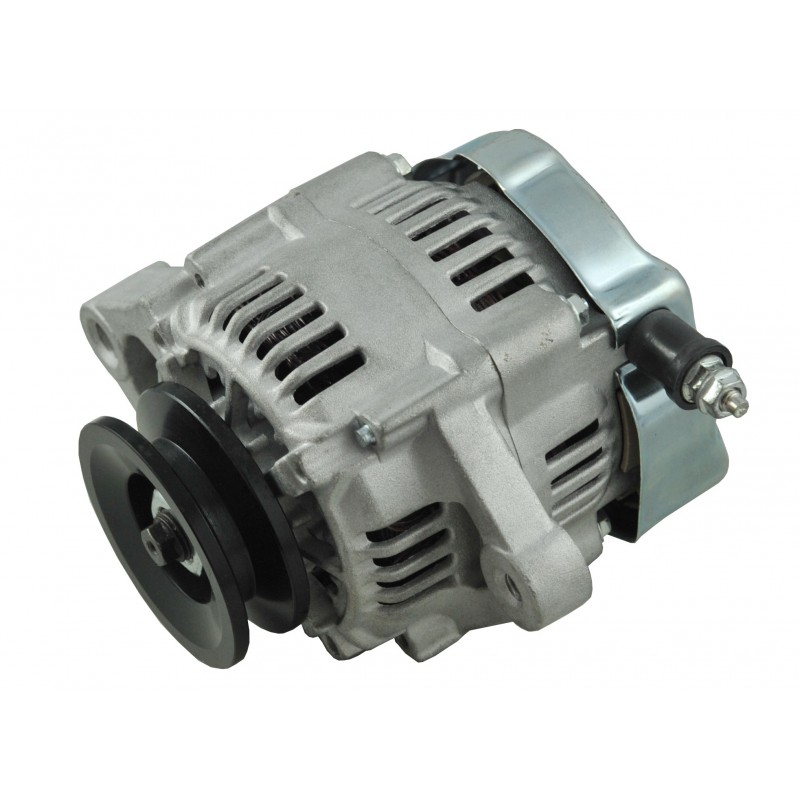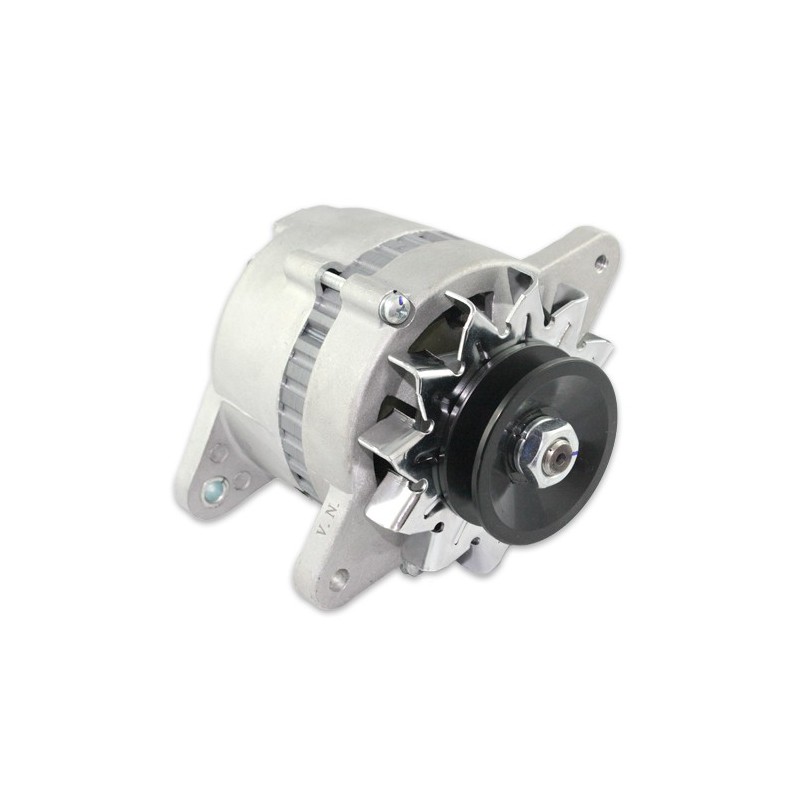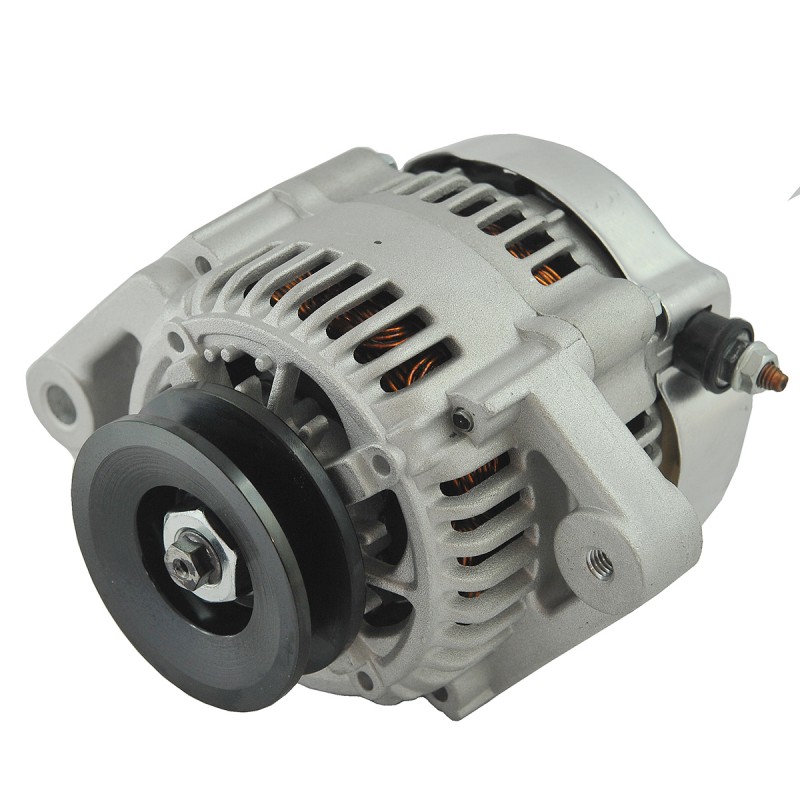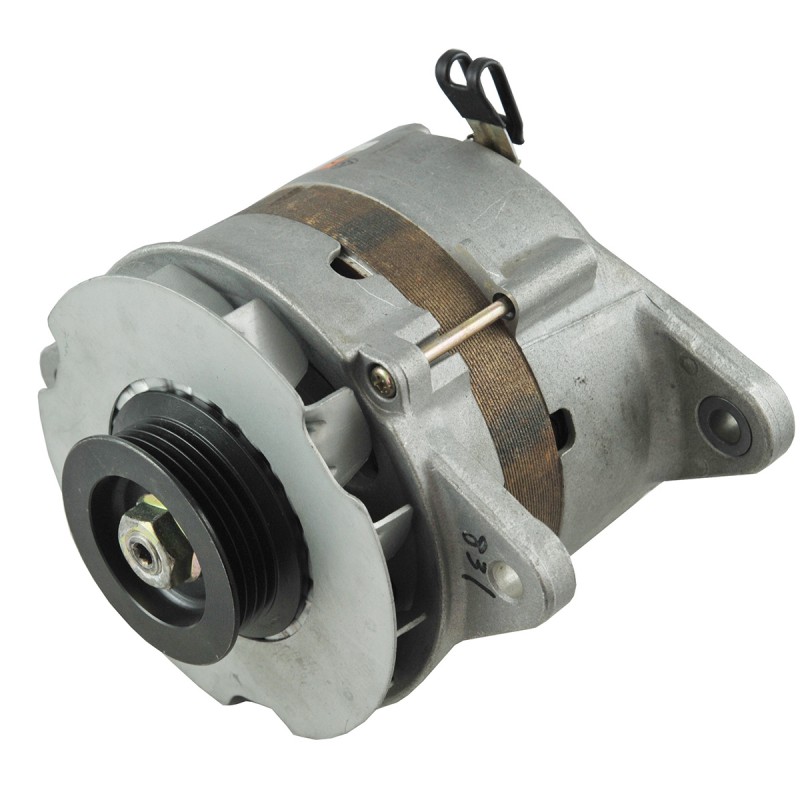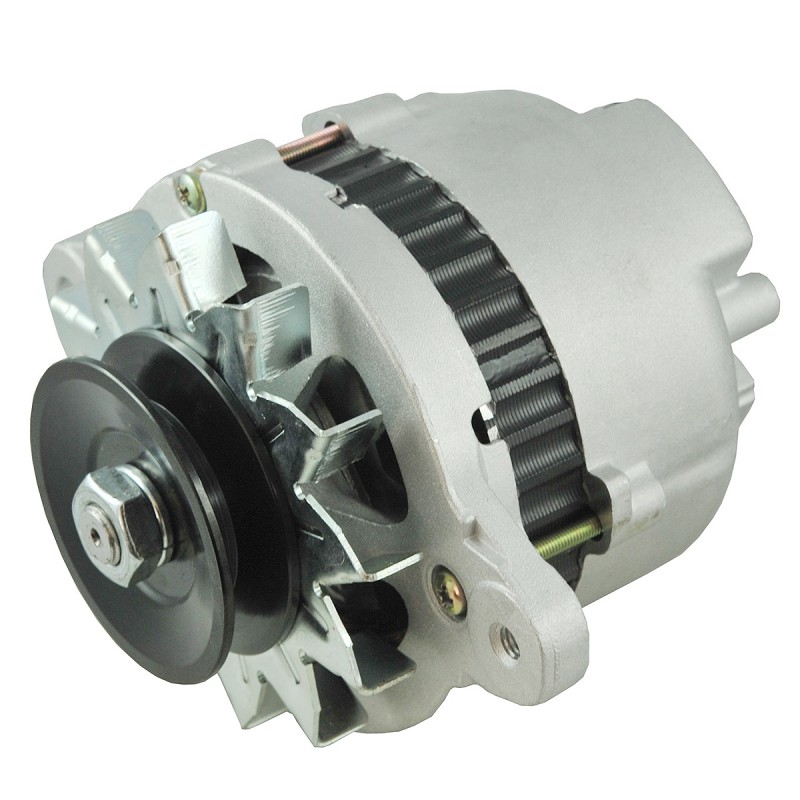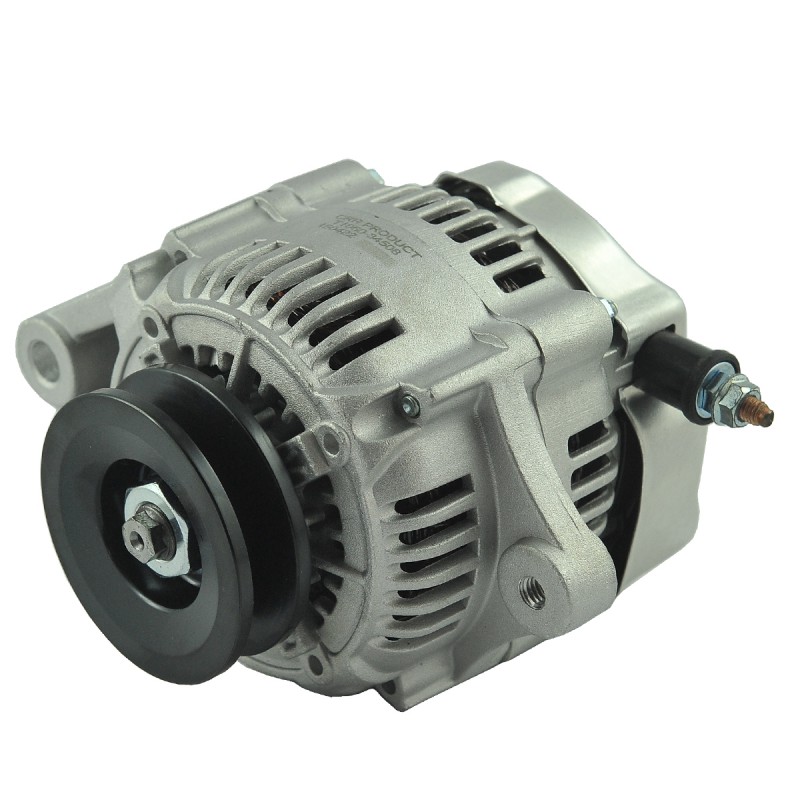zł2,062.24
Sort by:
Showing 1-12 of 44 item(s)
zł1,672.17
zł1,200.00
zł852.00
zł525.00
zł804.00
zł529.00
zł780.00
zł672.00
zł530.00
Alternators
The alternator in a tractor is a key component of the electrical system that converts mechanical energy into electrical energy. Its main function is to power the tractor's electrical systems and charge the battery while the engine is running.
Alternator functions:
- Battery Charging: The alternator charges the battery, ensuring it is fully charged and ready to start the engine and power the tractor's electrical systems when the engine is not running.
- Powering electrical systems: The alternator supplies power to all of the tractor's electrical systems such as lighting, air conditioning, navigation systems, wipers and other electrical devices when the engine is running.
- Voltage Stabilization: The alternator helps maintain a stable voltage in the electrical system, which protects electronic components from voltage spikes.
Typical alternator problems:
- Brush Wear: Alternator brushes can wear out, leading to poor contact and reduced charging efficiency.
- Damage to the rectifier diodes: The rectifier diodes in the alternator may be damaged, which causes problems with charging the battery.
- Bearing wear: Alternator bearings can wear out, which leads to noise and increased friction, affecting alternator performance.
- Voltage Regulator Failure: The voltage regulator controls the alternator output voltage. Its failure can lead to unstable voltage, which can damage the battery and other electrical components.
- Mechanical damage: The alternator may be damaged due to vibrations, impacts or other mechanical factors.
Alternator Maintenance:
- Regular inspection: Regularly check the condition of the alternator, including the brushes, bearings and rectifier diodes. Make sure the V-belt that drives the alternator is in good condition and properly tensioned.
- Cleaning: Keep the alternator and surrounding area clean. Remove dirt, oil and other contaminants that may affect alternator performance.
- Checking the voltage: Regularly check the alternator charging voltage with a multimeter. The correct charging voltage is usually between 13.8 and 14.4 V with the engine running.






